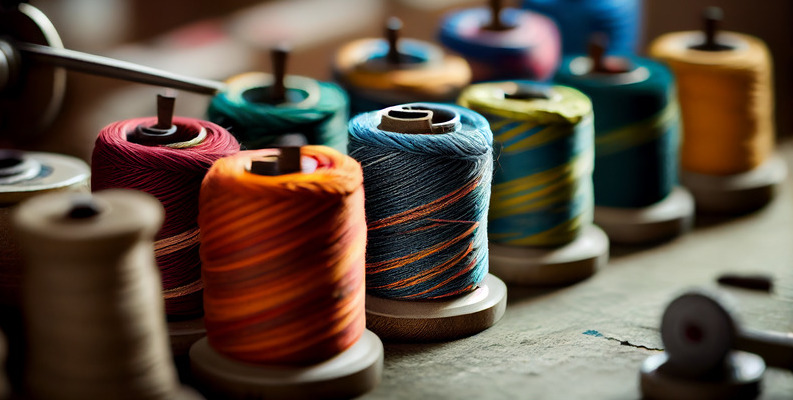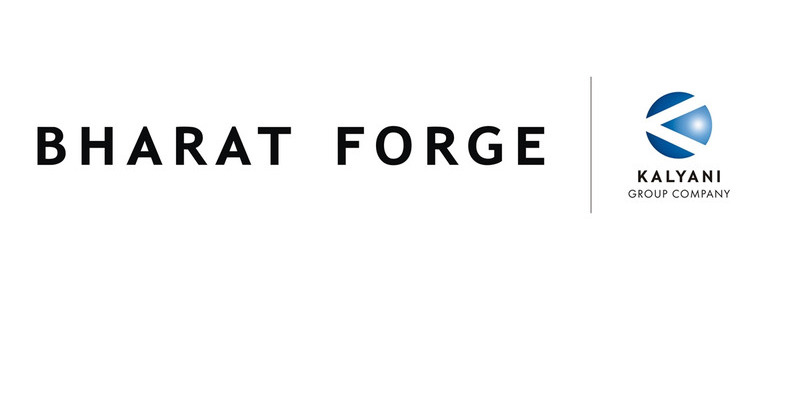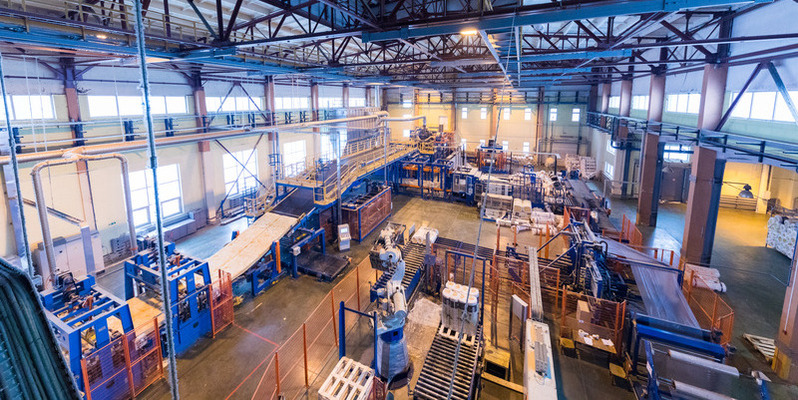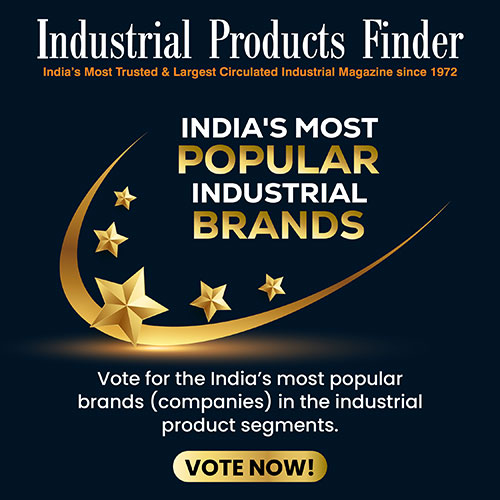Schedule a Call Back
Indian forging industry needs to leverage market opportunity
 Interviews
Interviews- Oct 09,14
The forging industry has emerged as a major contributor to the Indian manufacturing industry with a turnover estimated to be around Rs 20,000 crore. Plus, with up to 60 per cent of the forgings produced for the automotive industry, this is one sector that plays a very crucial role. In this interview, Asheet Pasricha, President, Association of the Indian Forging Industry, elaborates upon the role played by the AIFI and the status of the industry in India.
Nutshell
- AIFI is the governing body of the Indian forging industry, currently has close to 180 members
- The forging industry is a major contributor to Indian manufacturing industry with an estimated turnover around Rs 20,000 crore
- Up to 60 per cent of the forgings produced within India are for the automotive industry
- AIFI has highlighted some of the critical issues that need to be addressed.
Could you provide an overview of the AIFI's activities?

The Association of the Indian Forging Industry (AIFI), the governing body of the Indian forging industry, currently has close to 180 ordinary members from all over India. AIFI's key role is to promote and develop the Indian forging industry so as to meet the demands and expectations of forging customers, both domestic and global as well as end users by improving the business environment for its members and contribute in increasing their competitiveness through mutual cooperation and understanding through constant updating of information and technology.
In addition to that, the AIFI is actively involved in trade promotion, technology upgradation, collection and dissemination of information. It conducts seminars, training courses and workshops on subjects of interest to forging manufacturers besides participating in and organising national and international conventions, business and technical seminars, symposia, conferences, etc. It reinforces this by organising visits to international trade fairs and arranging buyer-seller meets with global players in the forging industry.
The AIFI also takes up several important issues especially with regards to the Union Budget and the government's export-import policy on behalf of its members. To better its service to the forging industry in India and abroad, the AIFI has promoted a new world-class research and development centre at Chakan near Pune with facilities for product testing and validation for the forging industry. The centre has been funded by the Ministry of Heavy Industries & Enterprises, Government of India and the Government of Maharashtra. It is known as ARAI-FID and is managed by the Automotive Research Asso ciation of India in Pune.
The AIFI has also maintained strong links with counterpart forging associations across the world such as USForge that represents the forging industry of USA, EuroForge which is an umbrella association of various national associations representing the forging industry in Europe, AsiaForge representing the forging Industry of Japan, China, Korea, India and other countries, etc. These facilitate members to establish new business relationships.
How has the AIFI contributed to the growth of the automotive sector in India?
Up to 60 per cent of the forgings produced within India are for the automotive industry, either for domestic or international manufacturers. The AIFI through its activities has enabled the development of the domestic industry, which is today in a position to meet technological, qualitative and quantitative requirements of the Indian automotive sector, enabling the sector to achieve one of the highest growth rates globally.
What is the current market size and status of the forging industry in India?

The forging industry has emerged as a major contributor to the Indian manufacturing industry and the turnover of the industry is estimated to be around Rs 20,000 crore. The Indian forging industry is highly fragmented, with a little over 400 units (out of which only 15-20 have installed capacities of above 12,500 MT per annum) scattered all over India. Broadly, the composition of the Indian forging industry can be categorized into five sectors - very large, large, medium, small and tiny, with SMEs forming the backbone of the industry.
The medium-sized units and above with an installed capacity above 12,500 MT per annum account for about 65-70 per cent of the total forging output in the country. According to a recent survey conducted by us, out of the total forgings produced in the country 72 per cent are through closed die forging, 15 per cent through open die forging and the balance 13 per cent through other processes such as ring rolling, extrusion and upsetting.
A wide range of products are manufactured, each being for a diverse market structure and technology requirements. Almost 61 per cent of the forgings produced are utilised by the automotive sector. However, the industry's efforts in upgrading technologies and diversifying the product range have enabled it to expand its base of customers to include power generation and distribution, diesel engines, aviation, defense, agriculture, mining, oil and gas, industrial machinery, shipping, space, etc. The Indian forging industry is hoping for a revival in demand over the next two years after a prolonged slowdown in the market. The industry is expecting a volume growth of 6-8 per cent for FY15.
What needs to be done for further growth of the forging industry?
The Indian forging industry needs to leverage the market opportunity through focused increase in productivity rather than mere capacity expansion, technology upgradation and modernisation of the units to comply with global productivity standards. The small sector forging units need to improve their operational efficiencies by allocating a certain percentage of their capital investments to technological upgradation/modernisation of the existing manufacturing lines. This will help them maintain consistent quantity and quality requirements of the product and meet strict pollution control norms. Testing and inspection facilities can be outsourced for these units.
The organised sector should continuously acquire latest technologies with added emphasis on IT, CAD/CAM, simulation of processes and other forms of computer-based technologies to reduce the turnaround time from order capture to bulk production, supported by continuous productivity improvements. Use of quality tools such as SPC studies, etc., is going to be essential to reduce rejections. It is also important to conduct energy audits in order to reduce the consumption of costly oil and power and thereby reduce the carbon footprint of the industry. Forging units should increase in-reduction, in-plant inventory through 'just in time' procurement and ensure prompt delivery commitment of the products for sustainable confidence of the automobile manufacturers.
Inorganic growth is another strategy to expand the global footprint and establish a global presence in some of the world's largest markets. Also, considering that different geographies follow separate business cycles, it is necessary to reduce over-dependence on a single market. This strategy can additionally help the industry take advantage of the varying differential growth opportunities across varied geographical regions/different parts of the globe.
Have there been any new technological developments in this sector?
While the automotive industry is the main customer for forgings, the industry's continuous efforts in upgrading technologies and diversifying product range have enabled it to expand its base of customers to domestically expanding sectors including aerospace, power, energy, oil and gas, and heavy engine parts. The organised sector has been making continues efforts to acquire the latest technologies with added emphasis on CAD/CAM, simulation, semi-automatic and automatic manufacturing lines and other forms of computer-based technologies to produce quality forgings conforming to international standards with best yields. While the standards in the country are up to par, staying ahead of the curve will need the use of quality tools such as SPL studies, etc. to reduce rejections.
Does the AIFI intend to get into a dialogue with the new government over any particular issues?
- During the recent budget announcement by the new government, the AIFI highlighted some of the critical issues that need to be addressed. These include:
- Raise the ceiling on investment in plant and machinery in the definition of micro, small and medium enterprises
- Remove the cap of over Rs 100 crore investments to avail 15 per cent additional tax deduction as investment allowance
- Introduce Goods and Service Tax (GST) and reduce CST to a flat 1 per cent for the interim period
- Continuing the rollback of excise duty announced during the interim budget in February 2014 for the automotive industry
- Increase export duty by 10 per cent on export of iron ore
- Special infrastructure fund to be earmarked for the north and northeastern regions, and
- Easing of requirement for environmental clearance, particularly the North Eastern Corridor being built by Special Accelerated Road Development Programme in North East (SARDP-NE) - a programme initiated by the Ministry of Road Transport & Highways in North East.
Of these, there has been some positive action to resolve the issues, such as:
- Provision of investment allowance at 15 per cent for three years to manufacturing companies which invest more than Rs 25 crore in plant and machinery
- A legislative scheme that, upon approval, will enable the introduction of GST this year, and
- Rs 1,000 crore provided for rail connectivity in the northeastern region as well as investment in NHAI and state highways to the tune of Rs 37,887 crore, including Rs 3,000 crore for North East.
Related Products
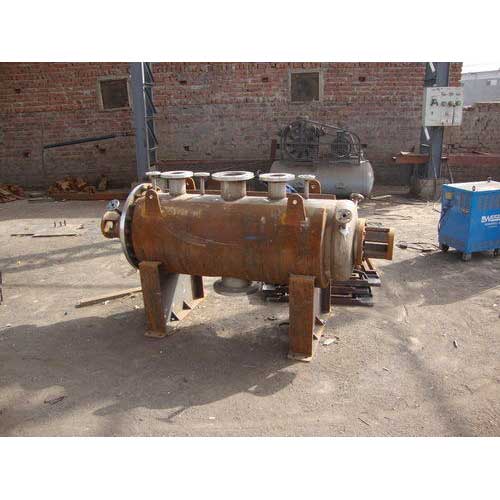
High Pressure Reactor
Karadani Engineering Pvt Ltd is supplying a wide range of high pressure reactor.
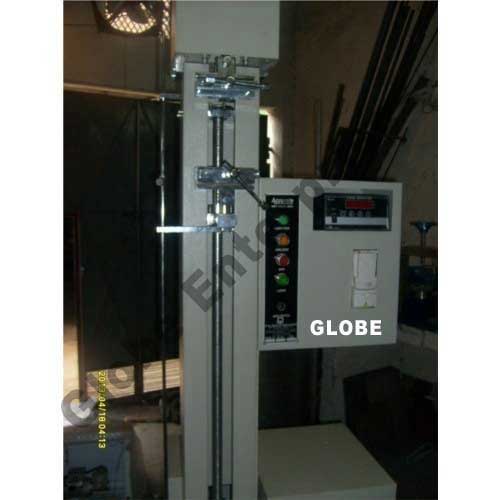
Tensile Strength Tester
Globe Enterprises offers a wide range of tensile strength tester.
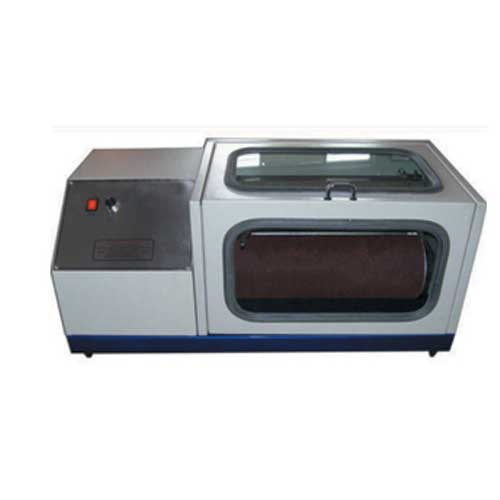
Din Abrasion Tester
Asian
Test Equipments offers a wide range of DIN abrasion
tester.





